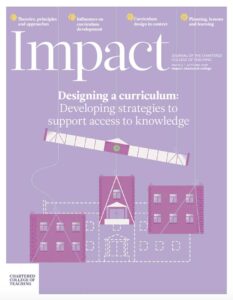I am a confirmed, incurable Bardolator. My first brush with Shakespeare was a striking promenade performance of Macbeth at the Arcola Theatre when I was thirteen. As a teacher, I strive to create similar moments to captivate my students. Thomas (Thomas, 1998) comments that ‘we’ve lost sight of the things that made [Shakespeare] popular with ordinary people in his own day – his ability to write vividly and memorably for performance.’ I want students to know ‘we no longer have “Shakespeare”, but rather “Shakespeares” (Hulbert et al., 2009) and ‘their Shakespeare’ has value. With this in mind, I reflect on some of the issues surrounding the study of Shakespeare, through my own Shakespeariences in the classroom. Early on with a new GCSE class, I asked students to respond to the following: All students must study a Shakespeare play as part of their English GCSE. Do you agree with this idea? I thought this would be an effective way to gauge individuals’ writing s
Join us or sign in now to view the rest of this page
You're viewing this site as a guest, which only allows you to view a limited amount of content.
To view this page and get access to all our resources, join the Chartered College of Teaching (it's free for trainee teachers and half price for ECTs) or log in if you're already a member.











